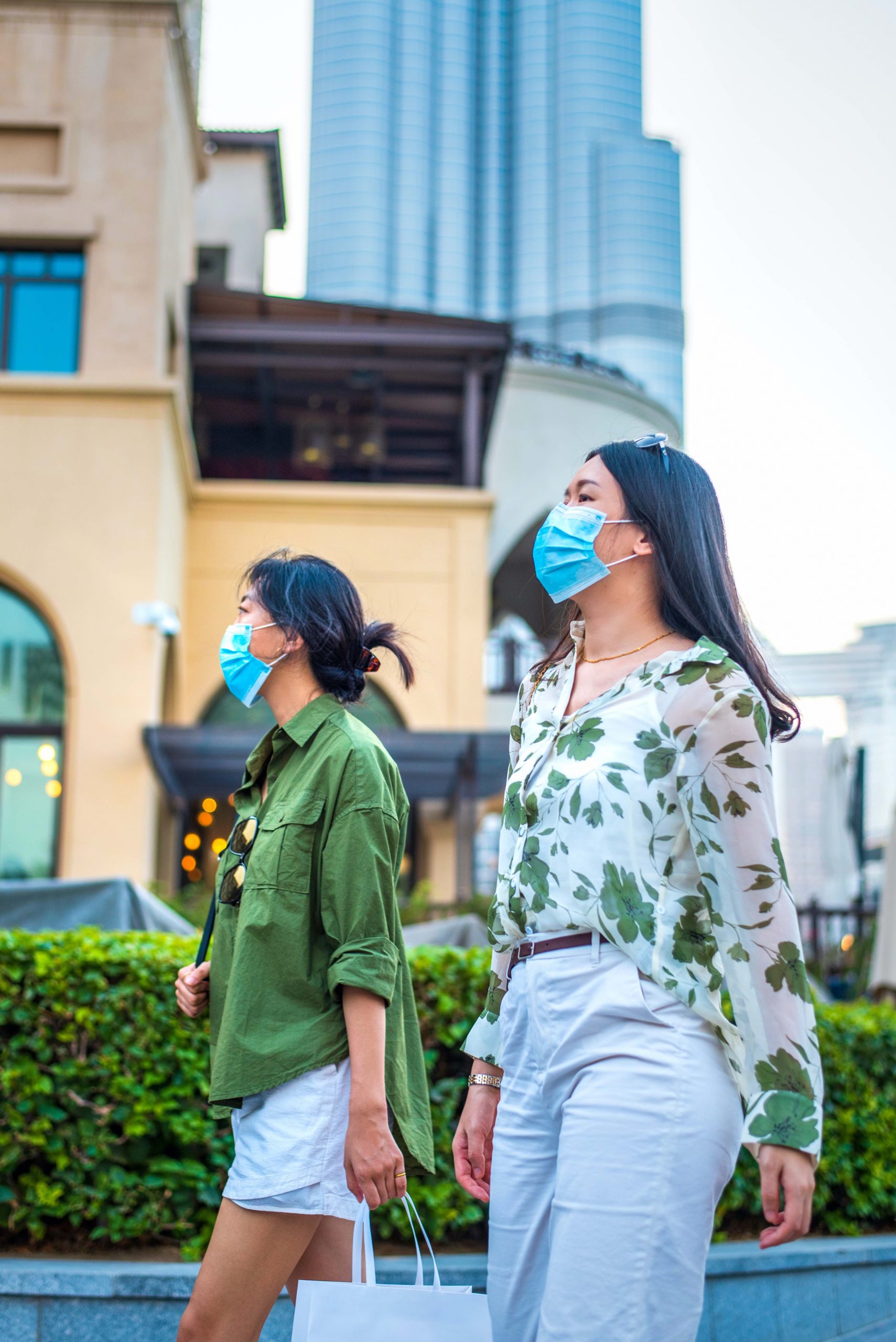How good have you been at observing the public health measures during the pandemic? (Be honest, now). And if you have been diligent about wearing a mask and sticking to the two-metre rule on social distancing, what was your motivation for doing so?
Researchers at NYU Abu Dhabi have been asking those questions and the answers are surprising. More than concern about catching Covid-19, what really worries people about the pandemic is the fear of falling into financial difficulties.
Data collected from 70,000 people in 68 countries as part of their Psycorona study shows that fear of losing money due to Covid-19 is the main reason why people wear a mask.
“One of the most striking pieces of evidence is the perceived risk of infection,” says Jocelyn Bélanger PhD, assistant professor of psychology at NYUAD and co-leader of the Psycorona study.
“You would expect the hypothesis to be that the more you think it’s risky to get Covid-19, the more you should protect yourself. That’s not the case, it’s not related. What we found is that what is really driving sanitary behavior is financial strain.
“We were surprised by this counter-intuitive result. People’s health concerns do not drive their health behavior. People think with their wallets.”
The Psycorona study is an ambitious multinational research project, which aims to identify the psychological factors that predict how people respond to the coronavirus and the associated public health measures.
Funded by NYUAD and the University of Groningen in The Netherlands, researchers sent out 20-minute questionnaires in 20 languages to 70,000 people in 68 countries.
The survey asked people about their beliefs, fears, hopes and frustrations concerning Covid-19 and their attitude toward preventative measures and government policies. Participants in the survey are asked to send in their responses weekly.
“This allows our group to monitor the evolution of this pandemic to detect emerging trends, challenges and potential solutions to thwart it,” said Bélanger.
The study should help in understanding the psychological effects of living for prolonged periods under social isolation and stress.
Bélanger is working with more than 100 collaborators in five continents. By combining their psychological impact data with data compiled by academics in other disciplines, the researchers hope to provide policy-makers with valuable information for their decision-making.
With endless Zoom meetings, living and working in the same space, cordoned-off parks, gyms and sports fields or simply the lack of any meaningful social interaction, the effects of Covid-19 on the psychological well-being of humanity have been brutal.
In a paper published in the journal Ethics, Sarah Paul, associate professor of philosophy and the associate dean for research and professional development at NYUAD, argued that what enabled people to overcome pain, frustration, doubt and loss of confidence was a quality she called “grit” — a combination of tenacity and perseverance in the face of obstacles.
“I think many of us are being asked to persevere in the face of great difficulty, being required to give up on socializing or losing our jobs,” she said. “Many of us are experiencing very difficult obstacles and yet we sort of managed to keep doing our jobs or keep taking care of our families under conditions that are much harder than we initially expected.”






